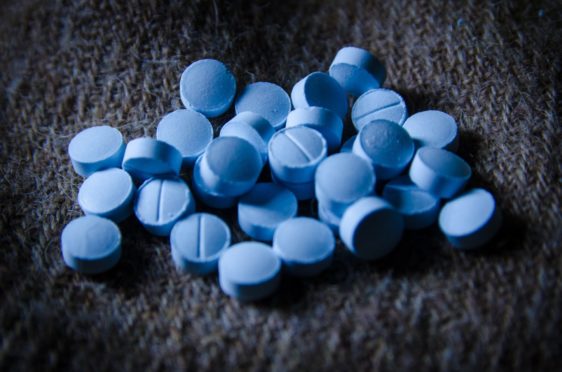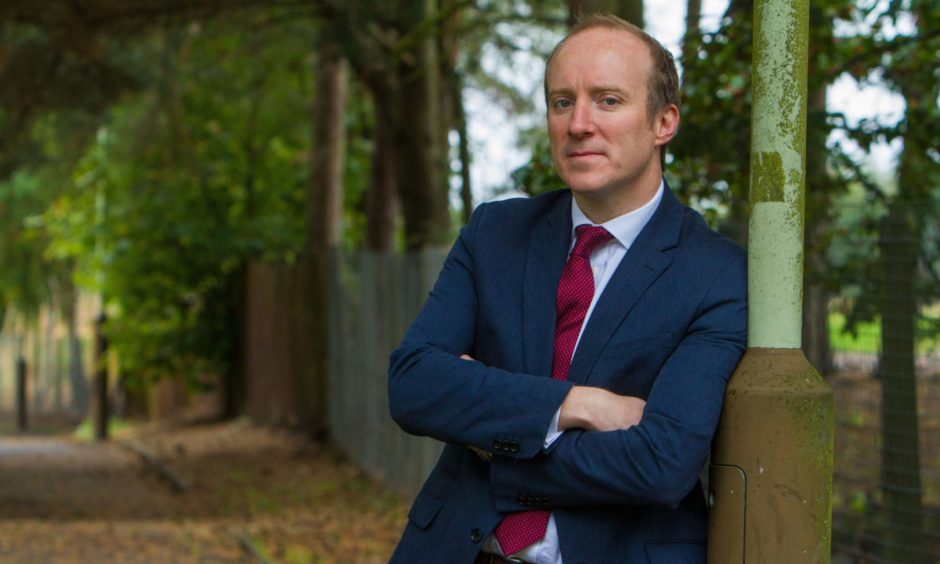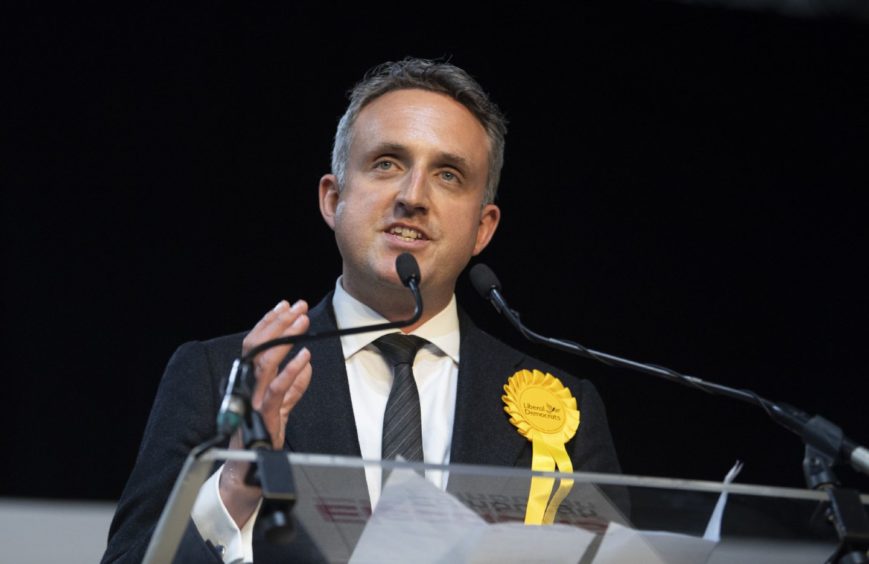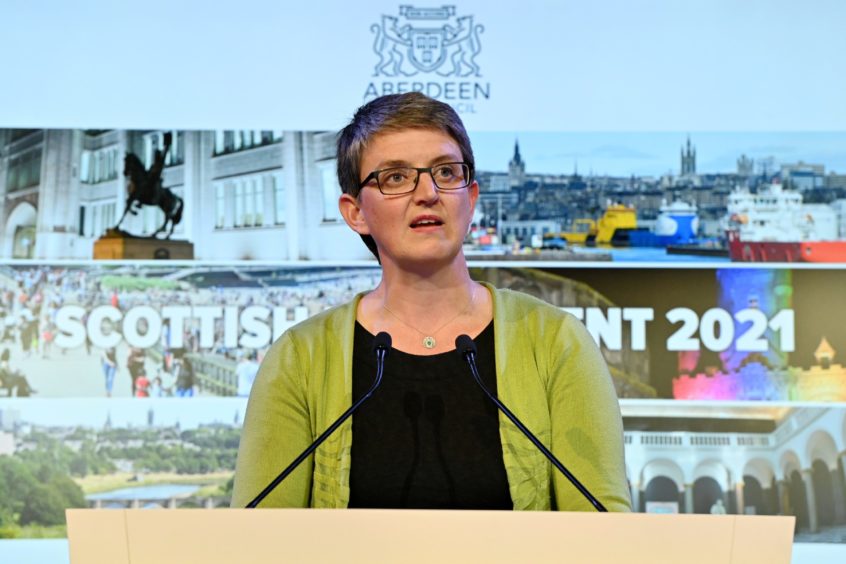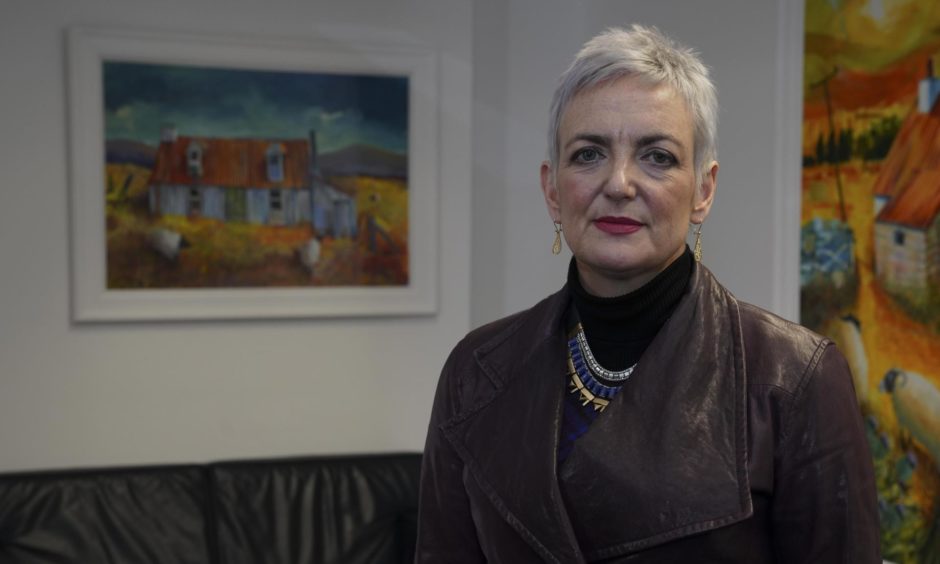A decision to withdraw Valium prescribing which contributed to the rise in deadly “street benzo” use has been described as “one of the most lethal policy decisions of the devolution era”.
The Scottish Government announced a number of further measures in its attempts to stem the country’s drugs death shame, including more regular reporting on the number of illicit substance fatalities, on Thursday during a debate.
Additional support for residential rehabilitation facilities has been announced, which opposition MSPs have criticised the SNP government for underfunding in its 14 years in power.
Scotland has the highest rate of drug death in Europe and Dundee the highest rate of death in the country.
Prior to Thursday’s debate, First Minister Nicola Sturgeon conceded more “still needed to be done” to tackle the crisis during First Minister’s Questions.
What has been announced
More than £14 million will be ringfenced for frontline services, minister Angela Constance said, as part of a £50 million package pledged earlier this year.
Around £100 million of the £250 million to be spent over the course of the parliament will be given to frontline residential rehabilitation services, Ms Constance promised.
Other investments announced on Thursday are:
- An extra £13.3 million for Alcohol and Drugs Partnerships, including funding to improve services for children and families
- £1 million to support third-sector initiatives
- £1 million on establishing a Lived and Living Experience forum and maintaining existing panels
- £800,000 for a campaign to tackle the stigma around drug use
- £1.5 million for public health surveillance, evaluation and monitoring and research
“One of the most lethal policy errors of devolution era”
Dundee-based Labour MSP Michael Marra warned Scotland’s drugs death shame was a Scottish problem to solve and called for more “real-time” data on policy to be provided.
Claims lethal ‘fake Valium’ market in Dundee sparked by prescription meds
“The massive increase (in street benzo use) was driven by the withdrawal of Valium prescriptions by Scottish NHS providers.
“Drug users replaced illicit NHS standard pills with street pill replacements.
“These pills cost pennies and are thrown back in batches of 20-30 at a time.
“In the words of one expert, this decision taken by our NHS moved Scotland from safe supply to complete chaos.
“Drug users have no idea what is in these pills, the strength varies wildly from batch to batch, day to day.
“The inevitability of this variability is overdose.
“These policy decisions, made I am sure with good intention here in Scotland, have been absolutely lethal.
“As the death toll continues to mount week by week, this amounts to one of the most lethal policy errors of the devolution era.
“We must own and respond to that challenge.
“We must have real-time data on overdoses and deaths, not waiting two years to see if decisions we have made are killing people.
“If we had the data around the decision to withdraw Valium scripts, we would not be in the situation we are now.
“We have to be able to evaluate what we do and respond to it.
“All of this will take policy remedies particular to Scotland, but also the causes of major elements of this are taken here in Scotland.
“Let’s have a discussion on the outdate Misuse of Drugs Act.
“But the reasons Scotland’s drugs death rate is so high are Scottish reasons, and we must act now to put this right.”
Cross-party support
The Scottish Government motion was amended with Lib Dem, Labour and Scottish Green amendments, including a commitment to service reform and investment, calls for the government to investigate its options regarding safe-consumption rooms and routinely record childhood trauma experiences and the influence on drug use.
A Scottish Conservative amendment was voted down.
The party’s shadow drugs policy minister Sue Webber said: “By Nicola Sturgeon’s own admission, she took her ‘eye off the ball’.
“In 2007 455 people died in Scotland following drug use, in 2019 this had risen to 1,264.
“The drug death rate has tripled under the SNP’s watch and they should be ashamed of their record.
“The First Minister failed to act before this crisis spiralled out of control.”
She added: “The National Records of Scotland (NRS) reported that 94% of all drug deaths in Scotland are of people who took more than one substance, poly-drug use.
“Opiates such as methadone and heroin are implicated in a majority of deaths, but users are taking a lethal cocktail of substances which increasingly includes benzodiazepines.
“In 2009, only one benzodiazepine death was recorded, in 2019 there were 814.
“The SNP’s drugs death taskforce has failed. In 2019 the SNP assembled the task force to tackle the rise in drugs deaths in Scotland.
“A year after the creation, leading campaign group Favour warned Scotland was going backwards in its efforts to tackle drug deaths.
“Chief executive Anne-Marie Ward said ‘even before the pandemic struck, we were seeing very little action’.
“The drugs death taskforce must publish a comprehensive review into the provision of drug and treatment services before the end of this year.”
The former minister for public health, Dundee City West MSP Joe FitzPatrick who established the Drugs Death Taskforce, was absent from Thursday’s debate.
Lib Dem health spokesperson Alex Cole-Hamilton called for more evidence to be recorded.
He said: “The Liberal Democrat amendment puts trauma informed care at the heart of every aspect of recovery from drug addiction, because there is an undeniable correlation between adverse childhood experiences and drug misuse.
“Adults who experience four or more adversities in their childhood, are eleven times more likely to have used crack cocaine or heroin.
“In 2017, 74% of drug death casualties in Tayside were known to have a co-existing mental health condition at the time of their death, most commonly depression (58%) and or anxiety (48%).
“We have to reduce the misery of drug abuse with compassion and health treatment, rather than prosecution.”
North East Scottish Green MSP Maggie Chapman said: “We know that the right response to drug deaths – for drugs misuse – is to approach it as a public health issue. As a social justice issue. Not a criminal justice issue.
“We also know that the places where drug deaths are highest are the places that most suffer from poverty, and this is keenly felt in Dundee.”
“Determined to make a difference”
Drugs Policy Minister Angela Constance said: “This announcement sets out how the £50 million additional funding announced for this year will be spent on improving and saving lives and it is vital that those working on the front-line have the necessary resources to meet the needs of drug users who seek help and their families.
“Much of the additional funding I have announced will support Alcohol and Drug Partnerships and third sector organisations to develop their workforce and improve capacity.
“We want to increase the number of people in treatment and £4 million will go specifically towards the implementation of the new MAT standards which ensure everyone has access to the support which works best for them. Same day support will begin to be rolled out from this autumn with all of the standards in place by April next year.
“Over the next five years we will spend £250 million on addressing this crisis, £100 million of which will go on improving the provision of residential rehabilitation and I will update Parliament on progress in this area after the summer recess.
“I am determined that every penny of this additional funding will make a difference to all those affected by drug use in Scotland.”
